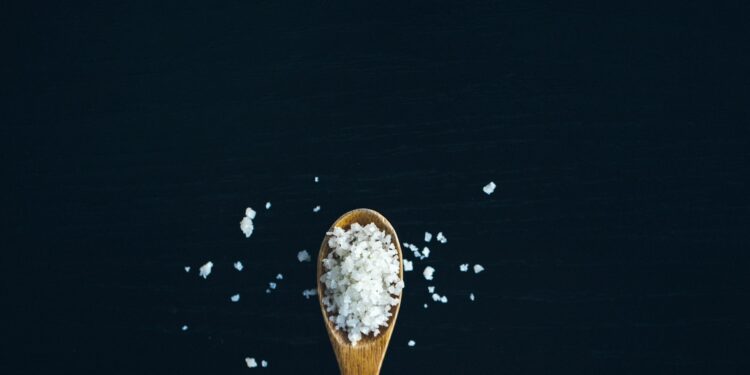It raises eczema risk.
Physicians often advise against consuming excessive salt due to its well-known cardiovascular risks, but recent research indicates that sodium may also negatively impact the skin.
Dr. Katrina Abuabara, an associate professor of dermatology at the University of California, San Francisco (UCSF), led a study suggesting a connection between higher salt intake and an increased likelihood of developing eczema, or atopic dermatitis.
Drawing from data in the ongoing UK Biobank, involving nearly 216,000 individuals aged 37 and older, participants provided urine samples to assess sodium intake.
Results revealed a correlation: as daily salt intake rose, so did the chances of eczema flare-ups. For every additional gram of daily sodium excretion, there was a 22% increase in the likelihood of experiencing eczema, with a more pronounced effect observed in women.
Furthermore, individuals with higher salt intake faced an 11% higher probability of severe eczema, while those adhering to recommended salt intake guidelines had a 12% lower risk of developing eczema.
Published in JAMA Dermatology, the study highlights salt’s long-acknowledged association with eczema, which has been recognized for over a century. However, it does not establish a causal link, and other dietary factors may also influence skin health.
Nonetheless, researchers speculate that excess dietary sodium may be stored in the skin and contribute to inflammatory processes associated with eczema.
In light of these findings, reducing salt intake could serve as a straightforward and cost-effective strategy for managing eczema, according to Abuabara. The study prompts further investigation into dietary sodium restriction as a widely accessible intervention for atopic dermatitis.

































Discussion about this post